nature
Latest
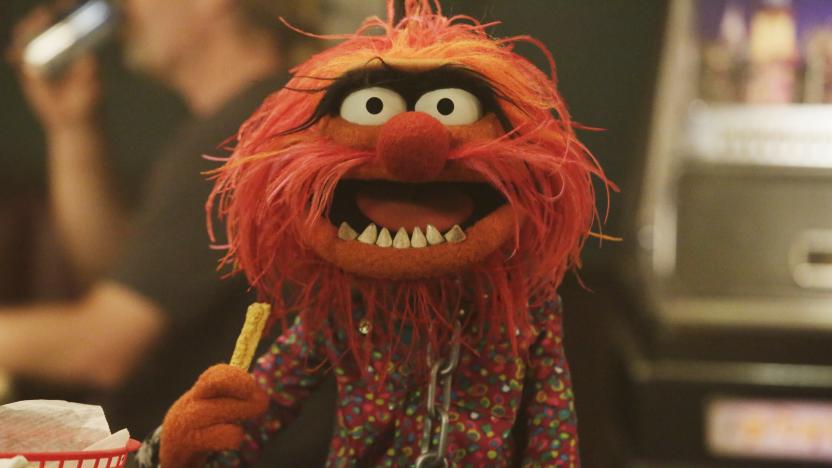
Why humans can't use natural language processing to speak with the animals
We’ve already got machine-learning and NLP that can translate speech into any number of languages. Surely adapting that process to animal calls shouldn't be that big of a stretch?
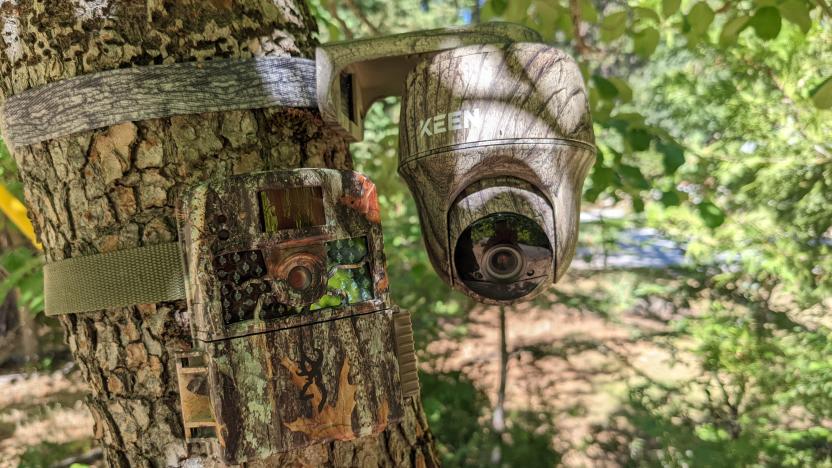
The best trail cameras for keeping an eye on your backyard wildlife
Here's a list of the best trail cameras you can buy, along with advice on how to pick one for your environment.
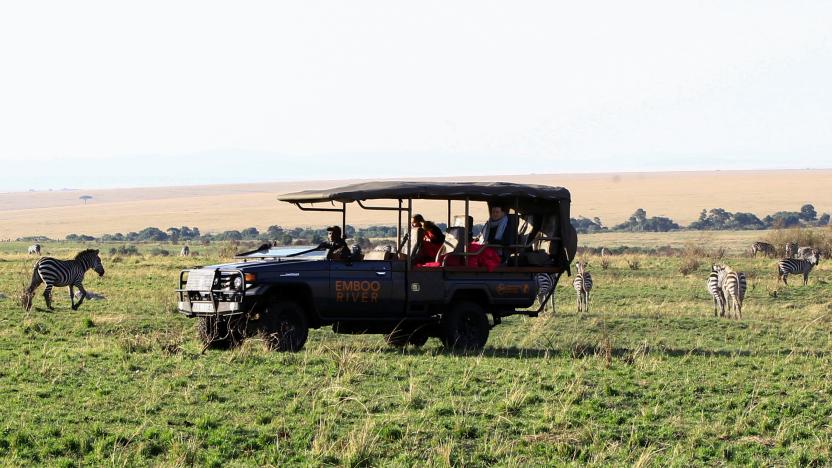
EV safaris promise cleaner, quieter wildlife tours
Go on safari in Kenya and you might hop aboard an EV that's quiet enough to let you see the wildlife without disturbing it.

How to livestream the majesty of nature from your couch
Just because you're sheltering in place during Earth Day doesn't mean you can't remotely tour the best zoos, aquariums, and nature preserves on the planet.

Astronomers observe the brightest supernova on record
In 2016, astronomers spotted the brightest supernova ever observed. They watched as the supernova, named SN2016aps, continued to emit radiation for more than 1,000 days.
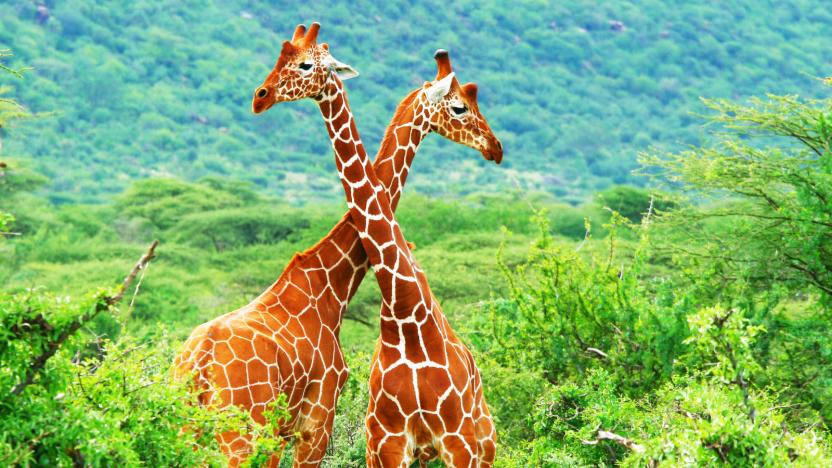
Google AI tool helps conservationists (and the public) track wildlife
Google is quickly putting its wildlife-spotting AI to good use. The internet giant has launched a Wildlife Insights tool that helps conservationists track wildlife by not only parsing their photos, but sharing them in a searchable public website. The AI automatically tosses out photos that are highly unlikely to include animals and tries to label the animals it does spot, dramatically speeding up a laborious task. That, in turn, helps researchers track animal populations as they're affected by climate change and direct human intrusion.

Google says it's achieved quantum supremacy
Google is standing by its claim that it's achieved quantum supremacy -- marking a major milestone in computing research. The company first made the claim back in September, and while disputed by competitors, Google's research paper has now been published in the scientific journal Nature.
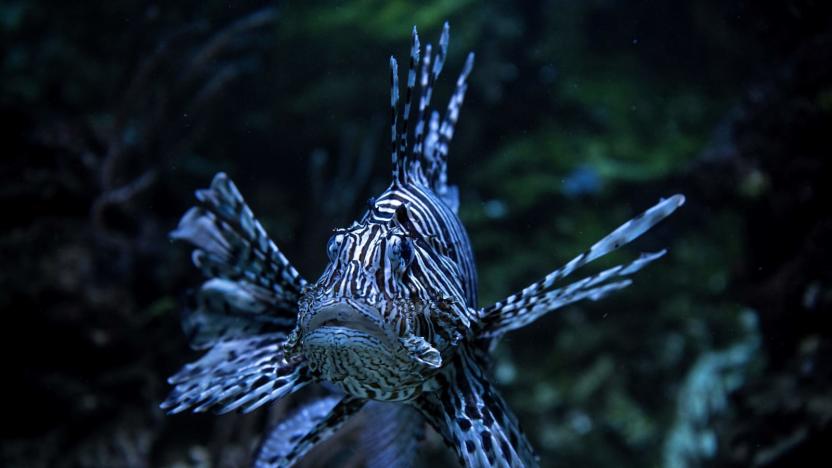
How conservationists are controlling invasive species in the 21st century
When humans colonized islands throughout the Pacific some 2,000 years ago, rats came along for the ride. The introduction of those rodents proved disastrous for the local island exosystem, a pattern than unfortunately continues to this day with no sign of slowing. Conservationists are now experimenting with high tech solutions to help keep invasive species in check.
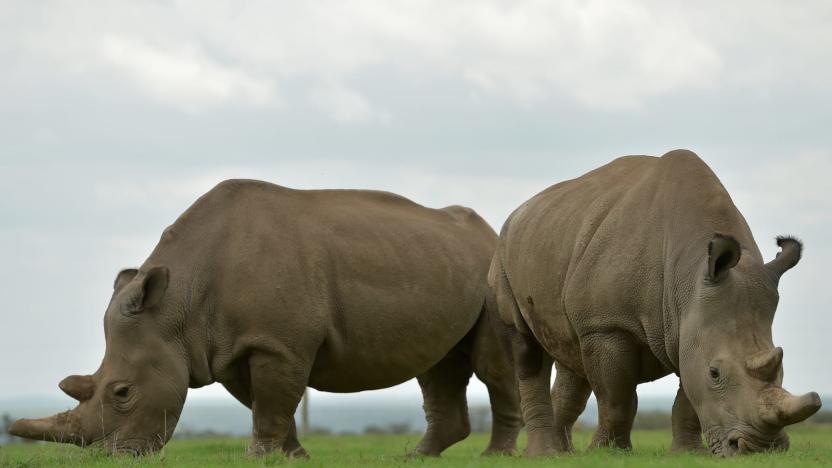
Test tube embryo transfer may give near-extinct rhinos a second chance
Lab-made embryos are one step closer to saving a virtually extinct species. Scientists have successfully transferred a test tube rhino embryo back into a female for the first time, implanting the creation into a southern white rhino in Poland. The effort supports a theory that scientists can repopulate the near-extinct northern white rhino by fertilizing eggs from the two remaining animals in the species (both females that can't bear children) using frozen sperm from since-deceased males, with southern rhinos serving as surrogate mothers.

Researchers say 'spidey senses' could help self-driving vehicles avoid hazards
Researchers want to give cars, planes and drones "spidey senses." That is, they want to give autonomous machines sensors that mimic nature. In a paper published in ACS Nano, a team of researchers -- from Purdue University, Nanyang Technological University in Singapore and ETH Zürich -- propose integrating spider-inspired sensors into the exterior of autonomous machines. Doing so, they say, would allow vehicles to selectively process data faster than currently possible.

UN study says humans are damaging nature at 'unprecedented' rate
You probably weren't expecting a feel-good nature report from the UN after its alarming findings on climate change, and you won't get one. The organization's Intergovernmental Science-Policy Platform on Biodiversity and Ecosystem Services (IPBES) has published a summary of an upcoming study that concludes nature is declining at a pace "unprecedented in human history," and that there are "grave impacts" likely for people around the world. While the finer points of the report aren't available, it makes certain grim facts clear.
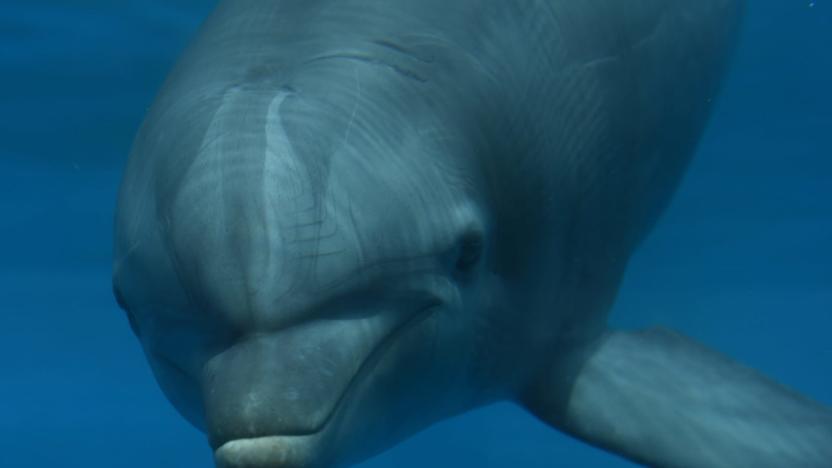
Natalie Portman will narrate a dolphin documentary for Disney+
Disney is clearly determined to flex its star power (and giant budget) ahead of its streaming service launch on November 12th. The company has announced that Natalie Portman will narrate Dolphin Reef, a nature movie that will debut alongside Disney+ itself on November 12th. The documentary will follow a young Pacific bottlenose dolphin, Echo, who has to deal with both the social life of his pod and the fellow inhabitants of the coral reef he calls home.

NASA finally found evidence of the universe's earliest molecule
Scientists have long suspected that, around 100,000 years after the big bang, helium and hydrogen combined to form the first molecule, helium hydride. That helped the universe begin to cool and led to the formation of stars. But, despite decades of searching, scientists could never locate helium hydride in space -- until now.
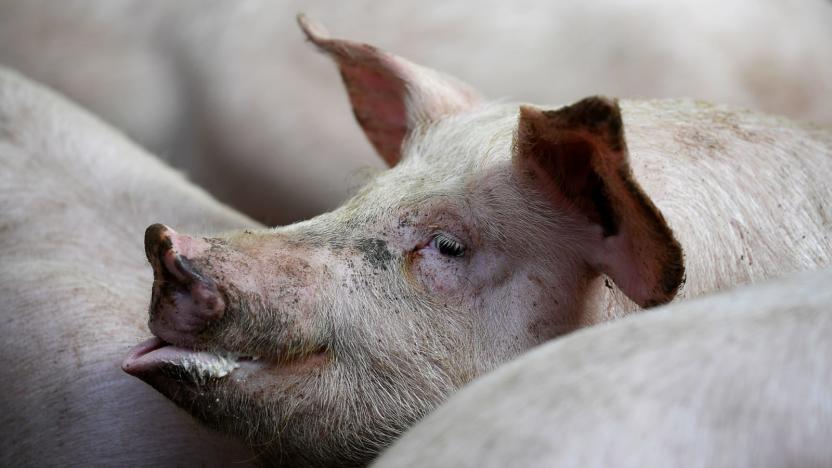
Researchers partially revive pig brains four hours after 'death'
Used to be that once someone cut off your head, your life was over. That may no longer be the case. A study published in the journal Nature this week illustrates Yale researchers' successful efforts to restore and preserve the cellular function of pig brains up to four hours after their decapitation at a local slaughterhouse. Miracle Max, eat your heart out.

Discovery streaming service will be the main home for BBC nature shows
Discovery is widening the scope of its streaming service plans, although it might not be great news for nature buffs. The network has unveiled a deal with BBC Studios that will see the BBC's history, nature and science documentaries form one of the "pillars" of a Discovery streaming service due to launch by 2020. On top of that, the service will be the exclusive streaming home for BBC nature docs outside of the UK, Ireland and China, including series like Blue Planet, Life and Planet Earth -- it's not clear what will happen with existing titles on sites like Netflix, but you might not want to count on them sticking around.
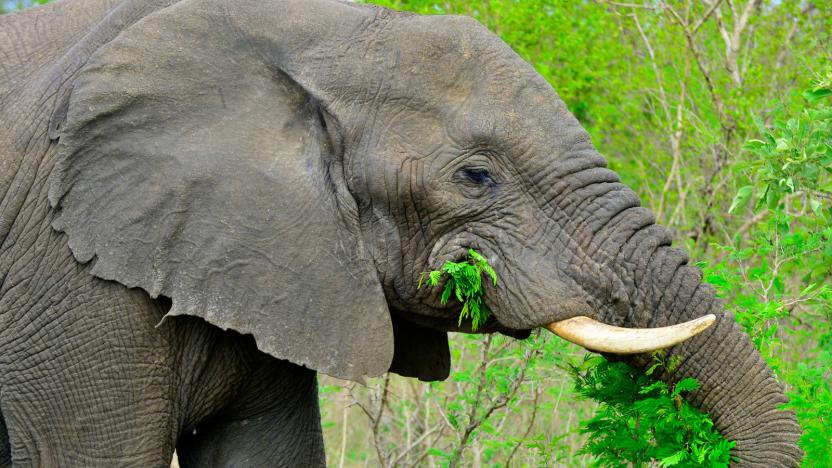
Intel-powered camera uses AI to protect endangered African wildlife
Technology is already in use to help stop poachers. However, it's frequently limited to monitoring poachers when they're already in shooting range, or after the fact. The non-profit group Resolve vows to do better -- it recently developed a newer version of its TrailGuard camera that uses AI to spot poachers in Africa before they can threaten an endangered species. It uses an Intel-made computer vision processor (the Movidius Myriad 2) that can detect animals, humans and vehicles in real-time, giving park rangers a chance to intercept poachers before it's too late.

Snapchat Lenses bring coral reefs to your neighborhood
How do you make nature exciting to a generation growing up with Snapchat and Instagram? The California Academy of Sciences has an idea: bring the nature to the apps that generation is using. It just trotted out a series of augmented reality Snapchat Lenses (the first of their kind, CAS said) that show reef life in your own corner of the world. You can get up close to creatures like sea turtles, nudibranches and moray eels without having to put on some diving gear or incurring the wrath of conservationists.

The secret lives of Apple developers
Apple used its strongest Attenborough voice to poke a little fun at its 2018 WWDC attendees on Monday. The keynote's opening video called back to last year's mega-hit BBC documentary series Planet Earth II and provides the viewing public, for perhaps the first time, a look into the migratory and social habits of the elusive Developer tritorapsis. Nature is a cruel and unforgiving mistress, to be sure, but not nearly as cruel as Apple's PR department is in this promotional video.
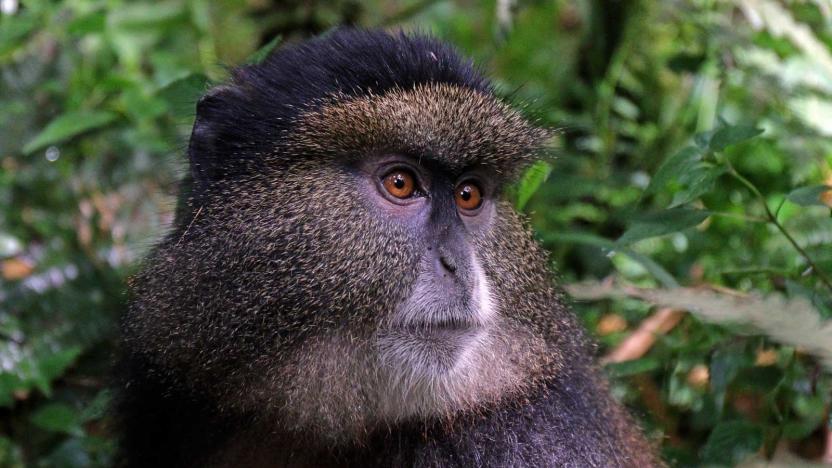
Facial recognition may help save endangered primates
Facial recognition isn't limited to humans. Researchers have developed a face detection system, PrimNet, that should help save endangered primates by tracking them in a non-invasive way. The neural network-based approach lets field workers keep tabs on chimpanzees, golden monkeys and lemurs just by snapping a photo of them with an Android app -- it'll either produce an exact match or turn up five close candidates. That's much gentler than tracking devices, which can stress or even hurt animals.
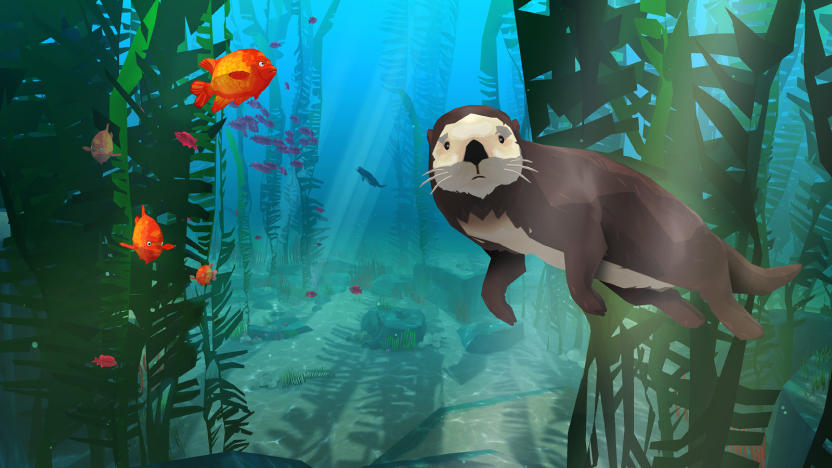
BBC and Google take you under the sea in VR
It's easier to appreciate nature when you witness it first-hand, but that's rather difficult with the ocean unless you have a submarine at your disposal. The BBC and Google have a more practical solution: they've launched a BBC Earth: Life in VR app that illustrates the underwater ecosystem on Daydream View headsets and compatible phones. You can explore environments ranging from kelp forests to deep sea trenches, and life as large as whales or as tiny as plankton.



